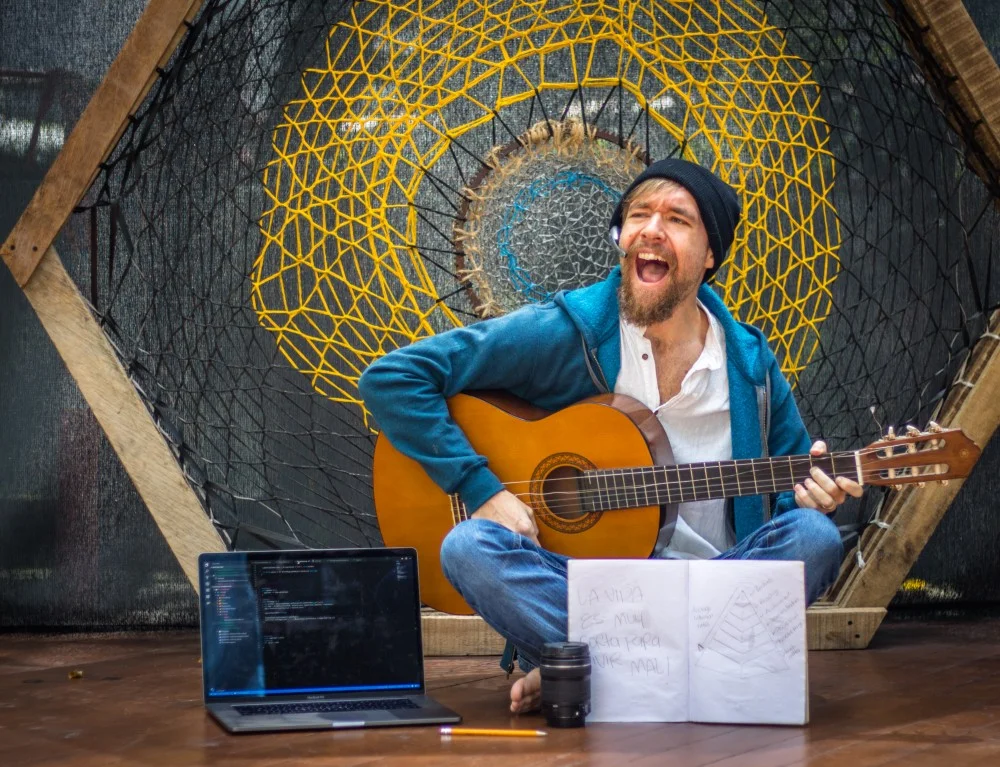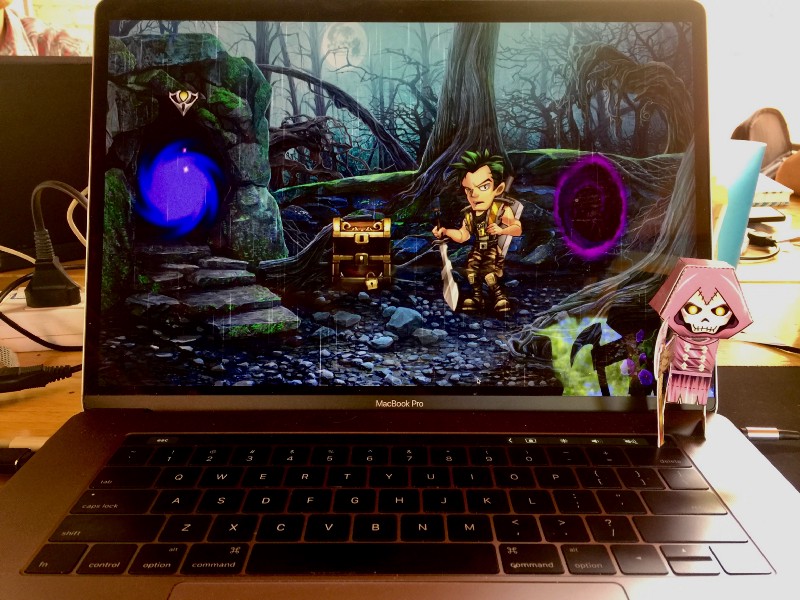Cover Photo by @linhnguyen on Unsplash
Last night I was chatting with my business partner from Bad Parrot.
I was telling him I’m releasing my book March 30th, my game on April 3rd and my store on April 6th.
That made me realize the last few weeks were not as unproductive as I thought they were.
I normally consider myself a very productive person. I often read and write about it.
I’m a big fan of Zdravko Cvijetic’s Zero To Skill productivity cheat sheet. It’s the perfect way to start being productive yourself. Just following that, you should dramatically improve your productivity.
Once you’ve mastered that, there’s only so much you can do yourself. Once your 24 hours are “well spent”, you can’t get more.
But there’s a way to still accomplish more, and it all boils down to a single word:
Delegation
My book was written by me, but it was put together by my incredibly useful assistant, Elaizah. This allows me to focus on what I’m good at: writing.
Its promotion will be handled by my networks, some Facebook ads crafted by a Fiverr export. And a special thanks to Zdravko Cvijetic, Tom Kuegler and Jordan Gross for sharing in their network.
My game is a collaboration of 8 people. For the launch for April 3rd, I hired a company’s services and they handle pretty much everything so I can focus on what I’m good at: designing and programming.
My store’s products were all found by Elaizah. She’s filling the store with the products this week. They way, I can focus on what I’m good at: designing the look of the store.
For Bad Parrot, I’m currently in talks with a talented local developer from Bangalore to collaborate with me on the frontend of the application, so I can focus on what I’m good at: the backend.
Saying that I’m accomplishing my goals 10x faster and better through delegating is no exaggeration. If it wasn’t for the people helping me, I certainly wouldn’t have accomplished all of the above. So thank you guys!
In fact, for every new collaborator, that number goes up. You accomplish more with 100 collaborators than you do with 10.
In a subsequent post, I’ll give more details on how I find people to help me and give some key tips on how to successfully delegate.
In the meantime, here’s a quick “formula” to know what you should delegate:
Create a list of things you want to accomplish.
List the tasks you’re doing for each goal.
Rank each task on how good you are at doing it.
As much as you can, delegate any tasks you think you’re a 7 (out of 10) or below.
And remember folks, it’s a collaboration. A win-win situation. Make sure your collaborator gets something out of it. It doesn’t necessarily have to be money.
So start thinking about delegation if you want to dramatically improve your productivity.
You can do this!
Thanks for reading! :)
























